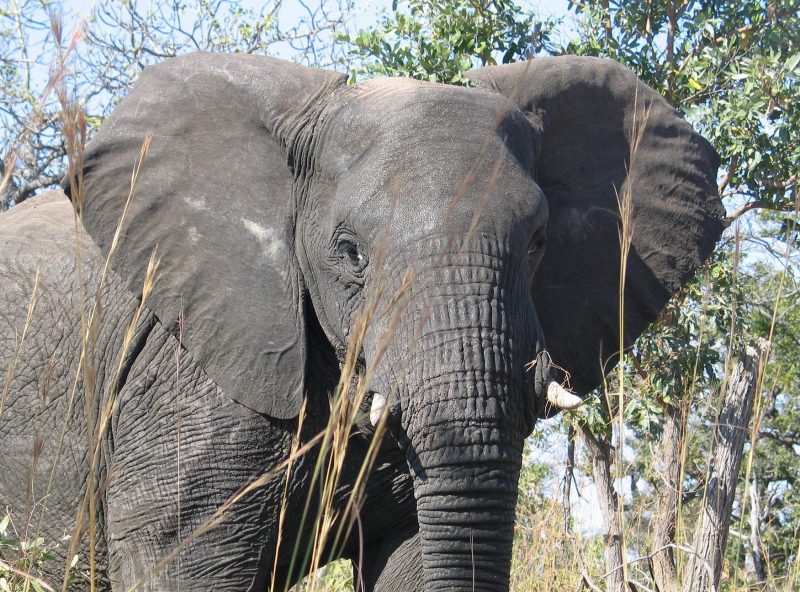We all know elephants are special animals, and that they have great brainpower. But we’re only now beginning to appreciate how unique they are.
Neurobiologist Paul Manger at the University of the Witwatersrand in South Africa began modern study of the elephant brain when he obtained permission in 2009 to preserve the brains of three African elephants scheduled to be culled for population management. What Professor Manger and other researchers are finding is that the neurons in the elephant’s cortex are radically different from other brains that have been studied in three major ways.
First, the dominant elephant neuron type, like most mammals, is called a pyramid neuron. But in elephants, pyramid neurons have a more complicated structure; they branch widely as they ascend to the brain’s surface.
Second, elephants have a much wider variety of cortical neurons, some not found in any other mammals, like those that extend laterally from the cell over long distances.
Third, although the length of pyramidal neurons in elephants is about the same as humans, they are arranged differently. Human pyramidal neurons tend to have a large number of shorter branches, and elephants have a smaller number of much longer branches.
So what does this all mean? These characteristics suggest elephant neurons can synthesize a wider variety of inputs, leading to a theory that elephants are contemplative animals. In comparison, our brains seem more designed for rapid decisions and quick reactions. Observations in the wild do suggest that elephants are thoughtful and curious creatures.
One conclusion we can draw with certainty — no two species have the same brain.
Taken from “The Unique Elephant Brain” ( http://earthsky.org/earth/elephants-unique-brain-neurons? ). The photo is from that site.
